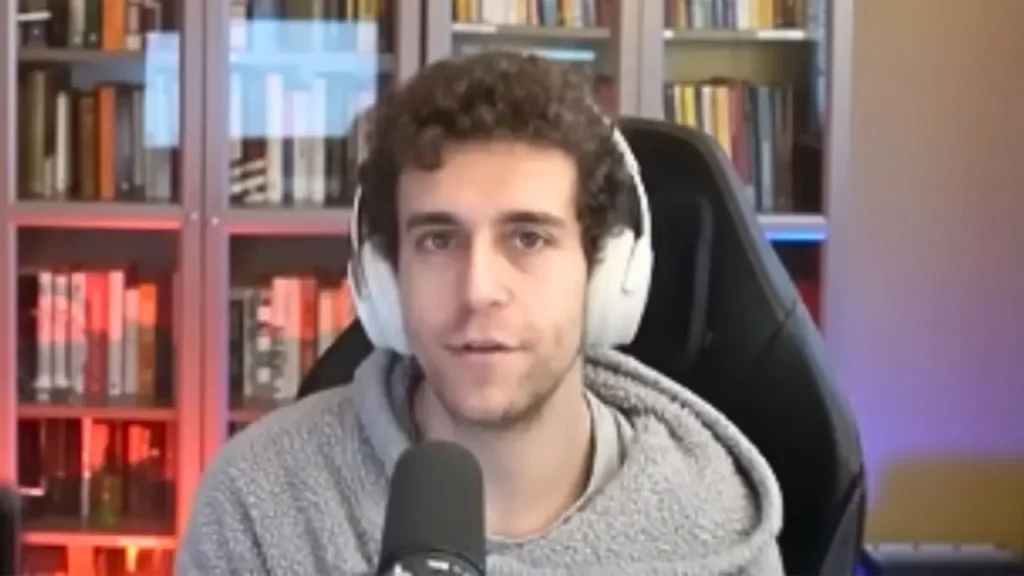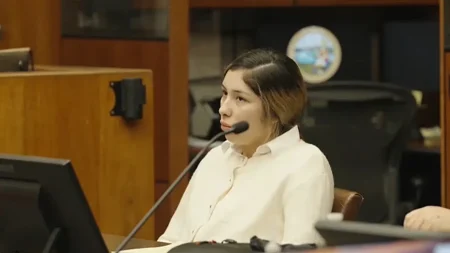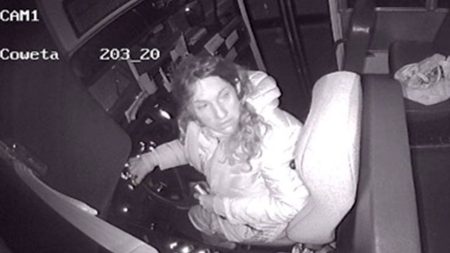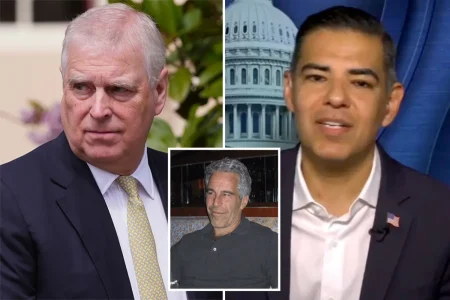Chess Grandmaster Daniel Naroditsky’s Tragic Death: A Mother’s Heartbreak and the Dark Side of Chess Accusations
In a heartbreaking revelation following the sudden death of chess grandmaster Daniel Naroditsky at just 29, his mother Elena has spoken out about the torment her son endured in the months leading up to his passing. Found deceased on his couch in Charlotte, North Carolina last Sunday by fellow grandmaster Oleksandr Bortnyk, Naroditsky had been battling serious accusations that struck at the core of his identity as a chess player. “There was nothing more important to Daniel than his dignity and his name as a chess player,” Elena Naroditsky shared, pointing to the devastating impact of cheating allegations that had pursued her son in recent months. The accusations came from former world champion Vladimir Kramnik, who had been publicly suggesting since October that Naroditsky was using computer chess engines to cheat during online games—claims made repeatedly without substantial evidence to support them.
Daniel Naroditsky represented the new generation of chess—a grandmaster at 18 who had transformed himself into one of the most influential voices in modern chess through his engaging presence on platforms like YouTube and Twitch. His ability to explain complex chess concepts with clarity and enthusiasm had built him a massive following and helped democratize a game often seen as inaccessible. In his mother’s words, “Daniel was such a life. He was so brilliant, so incredibly kind and loving, thoughtful, giving, inspiring.” His chess journey had been remarkable, from winning the Under-12 world championship to achieving grandmaster status, the highest title in chess apart from world champion. The young prodigy had successfully bridged the traditional world of chess with the digital age, creating content that both entertained and educated a new generation of chess enthusiasts.
The accusations against Naroditsky appear to have taken a severe toll on his mental health. Elena described how her son desperately tried to defend himself against Kramnik’s allegations: “Daniel tried to defend himself so much. The whole world was on Daniel’s side. He played more and did more and more because he was trying to prove that he’s not what he was accused of.” The psychological burden of having his integrity questioned so publicly seems to have weighed heavily on someone whose entire identity and career were built on his chess reputation. What makes the situation more troubling is that Naroditsky had recently returned to streaming after what he described as a “creative break,” saying in his final livestream on Friday: “You thought I was gone forever, but little do you know I’m back and better than ever”—a poignant statement that now carries unintended gravity in hindsight.
The chess community has responded with both grief and anger to the circumstances surrounding Naroditsky’s death. Several prominent grandmasters, including Hikaru Nakamura and Nihal Sarin, have publicly condemned Kramnik’s conduct, suggesting the Russian grandmaster had harassed Naroditsky and attempted to destroy his reputation. The International Chess Federation (FIDE) has also taken action, with its president Arkady Dvorkovich referring Kramnik’s statements to the ethics and disciplinary commission for review, promising “appropriate action” if harassment or bullying were found. This response indicates the seriousness with which the chess world is treating the potential connection between the public accusations and Naroditsky’s untimely death.
Kramnik, for his part, has not backed down. In a recent interview with Russian broadcaster Match TV, the former world champion announced his intention to file a lawsuit against FIDE, claiming the organization misrepresented his remarks about Naroditsky following the American player’s death. “I did not say anything bad about him, and I demand to confirm these ‘accusations’ of FIDE… with an actual quote. Otherwise, it may become the subject of legal proceedings,” Kramnik stated. This response has further inflamed tensions within the chess community, with many viewing it as an inappropriate deflection rather than a reflection on the possible consequences of his public accusations against a fellow player.
As the chess world mourns the loss of one of its brightest stars, police are still investigating the circumstances of Naroditsky’s death. Authorities told the Daily Mail they are awaiting toxicology results to determine what substances may have been in his system at the time of his passing. Investigators have indicated there were no signs of foul play, with suicide or accidental overdose being considered as possible causes. Whatever the official determination, the tragedy has highlighted the very real human costs of public accusations and online harassment in competitive environments. Daniel Naroditsky’s death serves as a sobering reminder that behind the brilliance and public personas of chess grandmasters are vulnerable human beings whose psychological well-being can be profoundly affected by attacks on their professional integrity. As Elena Naroditsky put it simply and devastatingly: “It’s a tragedy. He was my dearest son. He was 29.”











